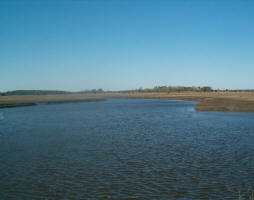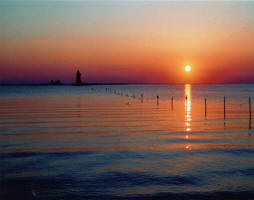Initiatives & Projects
 Solar Water Disinfection - A Water Treatment Process used at Household level
Solar Water Disinfection - A Water Treatment Process used at Household level
The aim of the SODISWATER project is to demonstrate that solar disinfection of drinking water is an effective intervention against a range of waterborne diarrhoeal diseases at household level and as emergency relief in the aftermath of natural or man-made disasters.
| Project number | n/a | ||
|---|---|---|---|
| Subject(s) | DRINKING WATER , DRINKING WATER AND SANITATION : COMMON PROCESSES OF PURIFICATION AND TREATMENT | ||
| Acronym | SODISWATER | ||
| Geographical coverage | Ireland, United Kingdom, South Africa, Switzerland, Zimbabwe, Spain, Kenya | ||
| Budget (in €) | 1900000 | ||
| Programme | INCO MED (FP6) | ||
| Web site | http://www.rcsi.ie/sodis/ | ||
| Objectives | General Objectives: The strategic objectives of the SODISWATER project are: To demonstrate that Solar Disinfection (SODIS) of drinking water is an appropriate, effective and acceptable intervention against waterborne disease for vulnerable communities in developing countries without reliable access to safe water. To evaluate and test different diffusion and behavioural change strategies in areas with different social and cultural conditions for sustainable adoption of solar water disinfection. To disseminate these research outcomes throughout the international aid and emergency relief communities so that SODIS is adopted as one of a range of standard water quality interventions (e.g. filtration, chlorination, desalination, etc.) for use in the immediate aftermath of natural (Tsunami, flood, earthquake, hurricane/typhoon) or man-made disasters (war-zone, famine, refugee camp). To develop a range of simple SODIS enhancement technological innovations that can be matched to varying socio-economic conditions.- UV dosimetric indicators of disinfection, photocatalytic inactivation and continuous flow compound parabolic collector arrays for small community distribution systems. The project will be carried out by an international team of researchers from 9 different groups in 7 countries within Africa and Europe. |
||
| Period | 01/09/2006 | ||
Login to add a comment
 you are not logged in
you are not logged in





